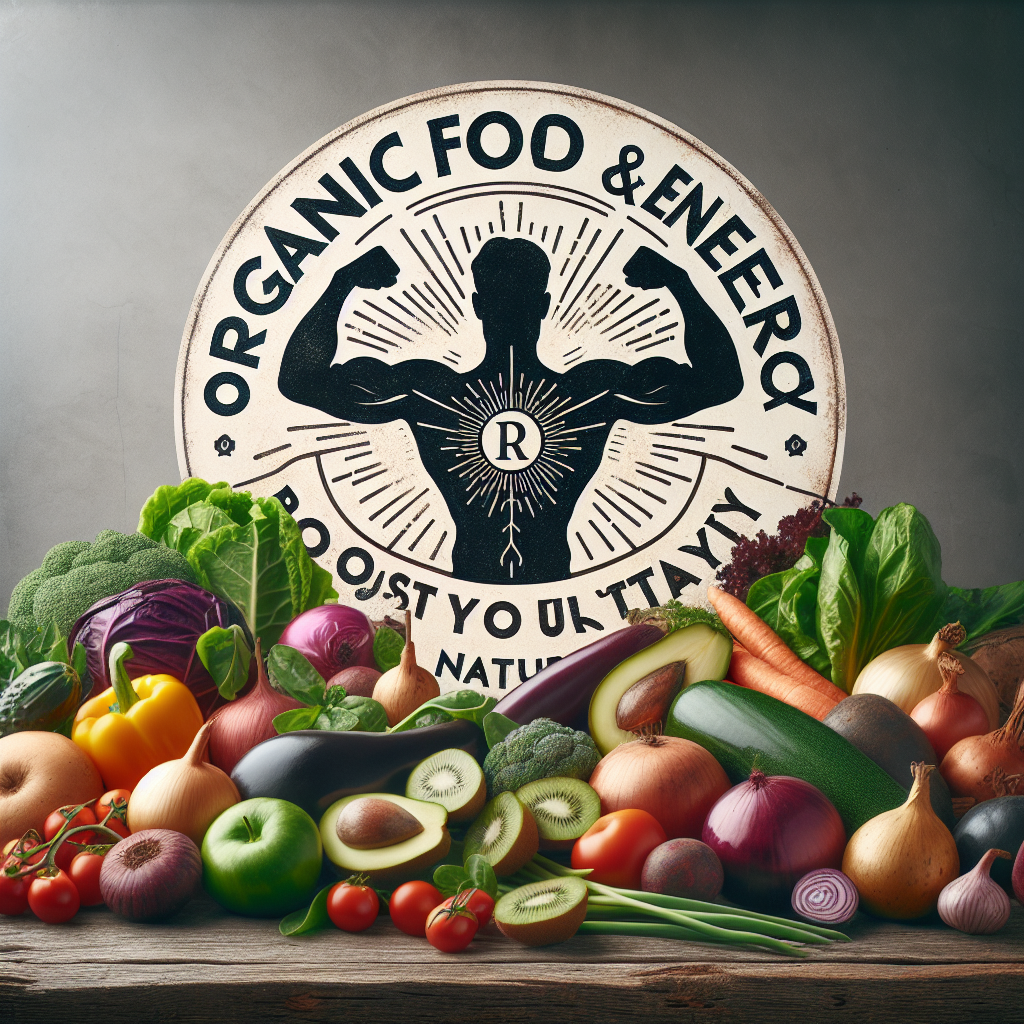The Power of Organic Foods for Natural Energy
In today’s fast-paced world, maintaining steady energy levels can feel like a constant challenge. While many turn to caffeine or processed energy drinks, nature provides a far superior solution through organic foods. Unlike conventional produce, organic fruits, vegetables, and grains are grown without synthetic pesticides and fertilizers, preserving their nutrient density and energy-boosting potential.
Why Organic? The Energy Advantage
Organic foods offer several advantages when it comes to sustaining energy:
- Higher nutrient density: Studies show organic produce often contains more vitamins, minerals, and antioxidants
- No energy-zapping chemicals: Free from synthetic pesticides that can burden your detoxification systems
- Better blood sugar regulation: Organic foods tend to have more complex carbohydrates for sustained energy release
- Rich in mitochondria-supporting nutrients: Key for cellular energy production
Top Energy-Boosting Organic Foods
1. Organic Bananas
Nature’s perfect energy bar, organic bananas provide a powerful combination of complex carbs, potassium, and vitamin B6. Unlike conventional bananas which may contain pesticide residues, organic versions deliver cleaner fuel for your body.
2. Organic Quinoa
This ancient grain is a complete protein containing all nine essential amino acids. Its slow-digesting carbohydrates provide long-lasting energy without crashes. Look for organic quinoa to avoid glyphosate residue found in conventionally grown varieties.
3. Organic Leafy Greens
Spinach, kale, and Swiss chard are packed with iron, magnesium, and B vitamins – all crucial for energy production at the cellular level. Organic greens contain higher levels of these nutrients compared to conventionally grown counterparts.
4. Organic Berries
Blueberries, raspberries, and blackberries are antioxidant powerhouses that protect your mitochondria (the energy factories in your cells). Their natural sugars provide quick energy while fiber prevents blood sugar spikes.
5. Organic Nuts and Seeds
Almonds, walnuts, chia seeds, and flaxseeds offer healthy fats, protein, and magnesium – a mineral essential for converting food into energy. Choose organic to avoid pesticide residues concentrated in these fatty foods.
Incorporating Organic Foods for Daily Energy
Start Your Day Right
Kickstart your morning with an organic smoothie combining:
- 1 organic banana
- Handful of organic spinach
- Tablespoon of organic almond butter
- Cup of organic almond milk
- Sprinkle of organic chia seeds
Smart Snacking
Instead of reaching for processed snacks, try these organic energy boosters:
- Organic apple slices with almond butter
- Handful of organic trail mix
- Organic Greek yogurt with berries
- Organic carrot sticks with hummus
Energizing Meals
Build meals around these organic staples for sustained energy:
- Organic quinoa bowls with roasted vegetables
- Organic lentil soups with leafy greens
- Organic sweet potatoes with black beans and avocado
- Organic brown rice stir-fries
Beyond Food: Organic Lifestyle for Energy
While food is fundamental, other organic lifestyle choices can enhance your vitality:
Hydration Matters
Choose filtered water over tap to avoid energy-disrupting chemicals. Add slices of organic lemon or cucumber for an extra boost.
Organic Herbal Teas
Replace coffee with energizing organic herbal teas like ginseng, peppermint, or nettle for sustained energy without crashes.
Movement and Rest
Combine your organic diet with regular exercise and quality sleep for complete energy optimization. Even simple walking after meals can improve energy utilization.
The Long-Term Benefits
Transitioning to an organic, energy-focused diet offers benefits beyond just daily vitality:
- Improved digestion and nutrient absorption
- Enhanced immune function
- Better cognitive performance
- Reduced inflammation
- Healthier aging process
By choosing organic foods rich in nutrients that support cellular energy production, you’re investing in both immediate vitality and long-term health. Start with small changes – perhaps swapping one conventional food item for its organic counterpart each week – and notice the difference in how you feel.
